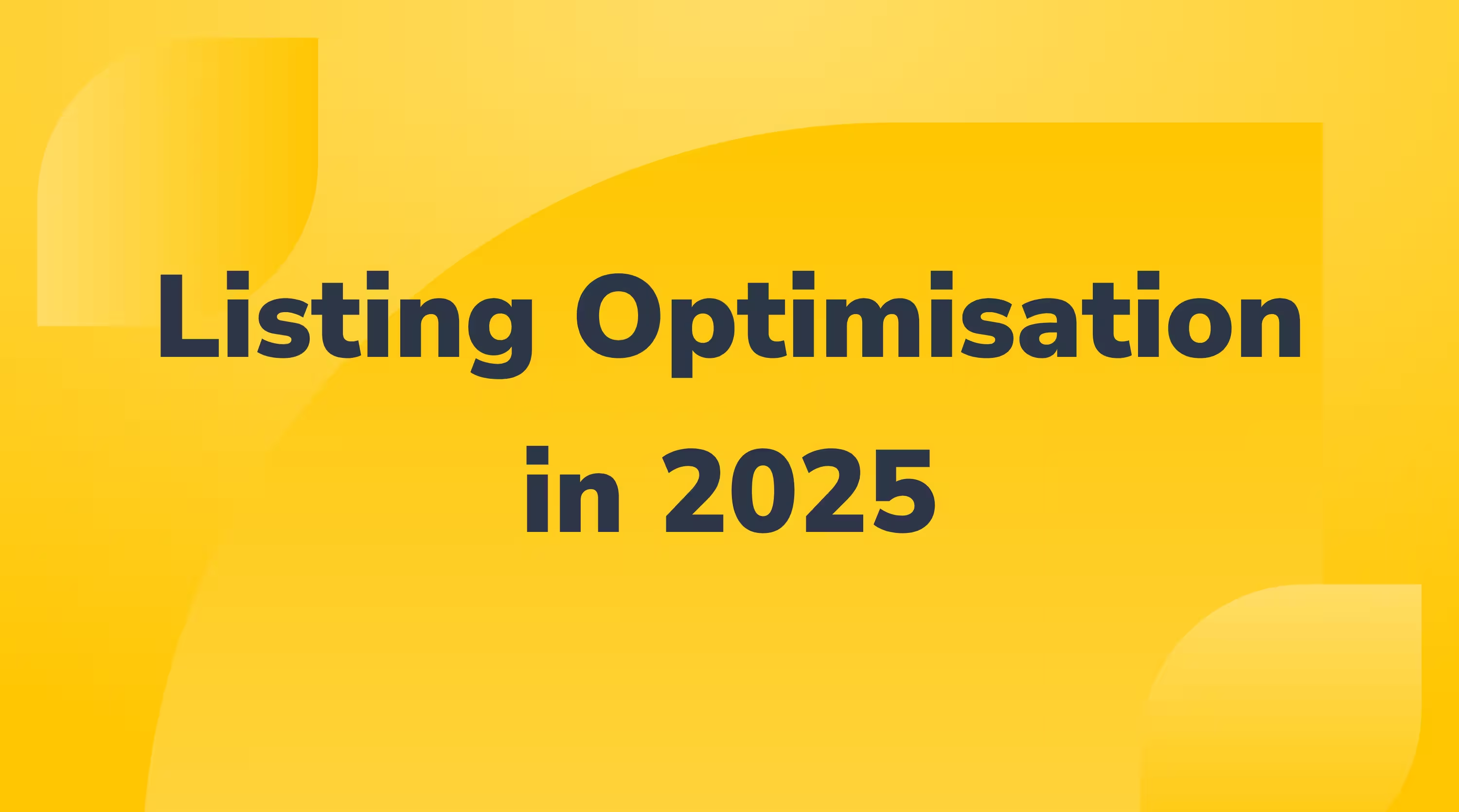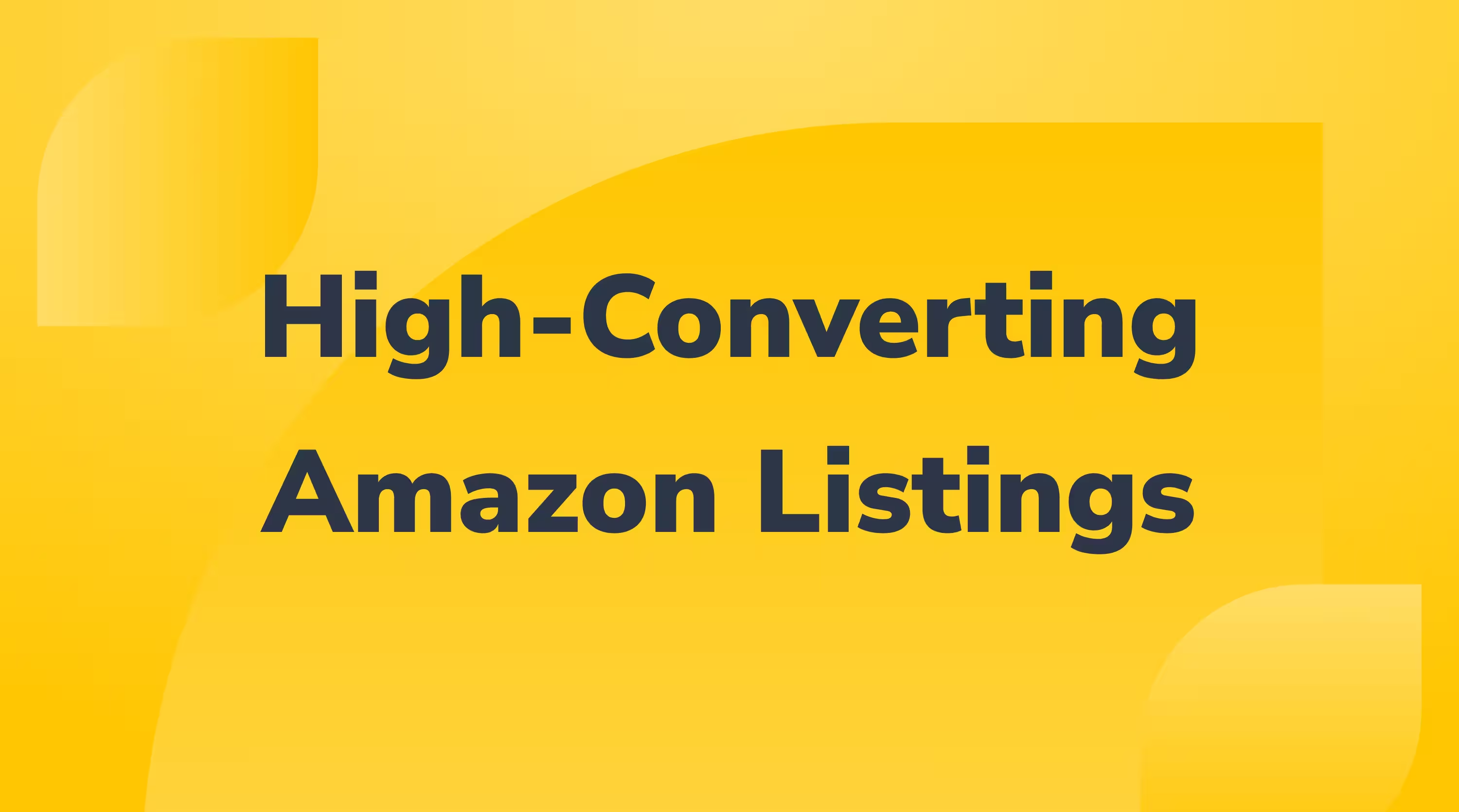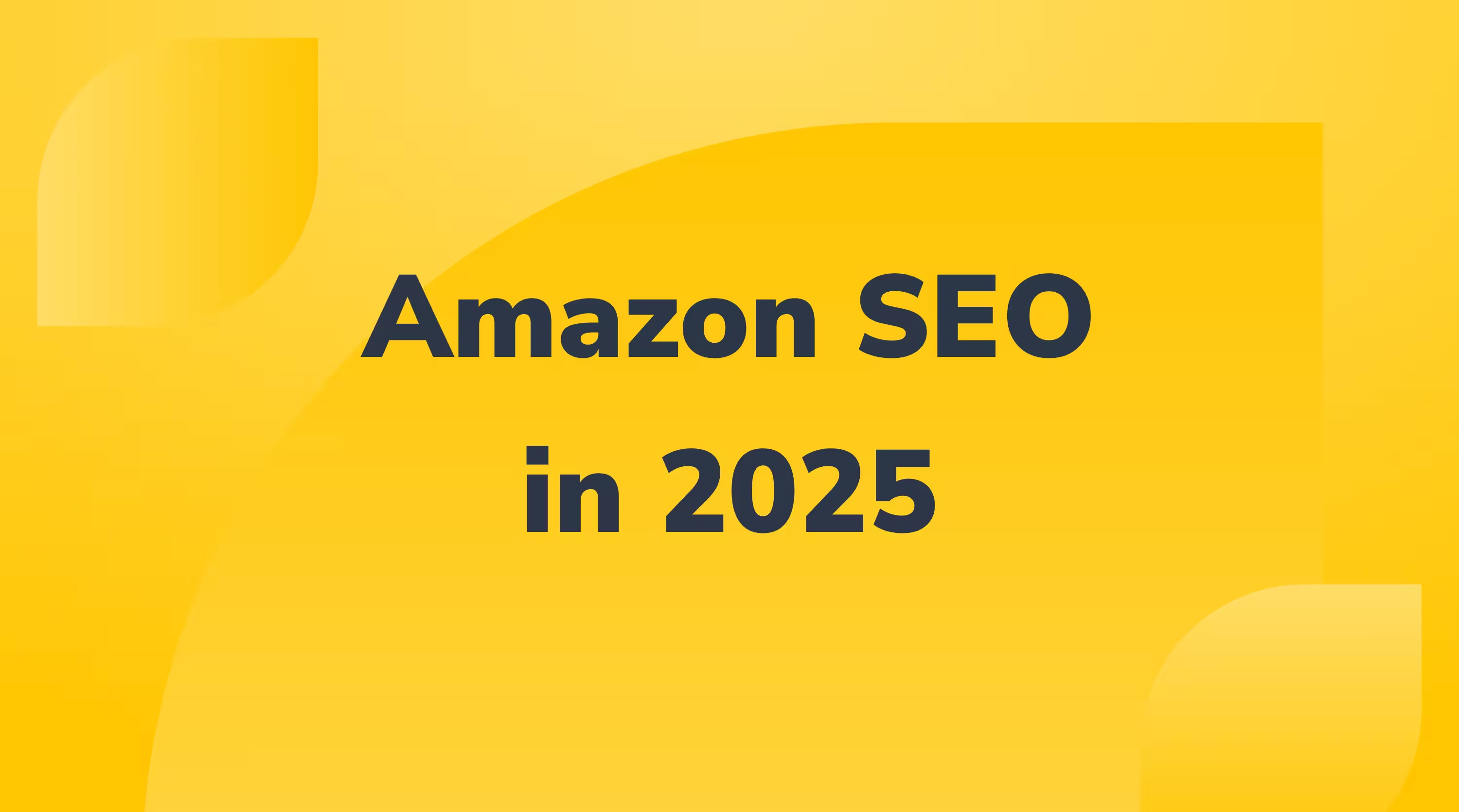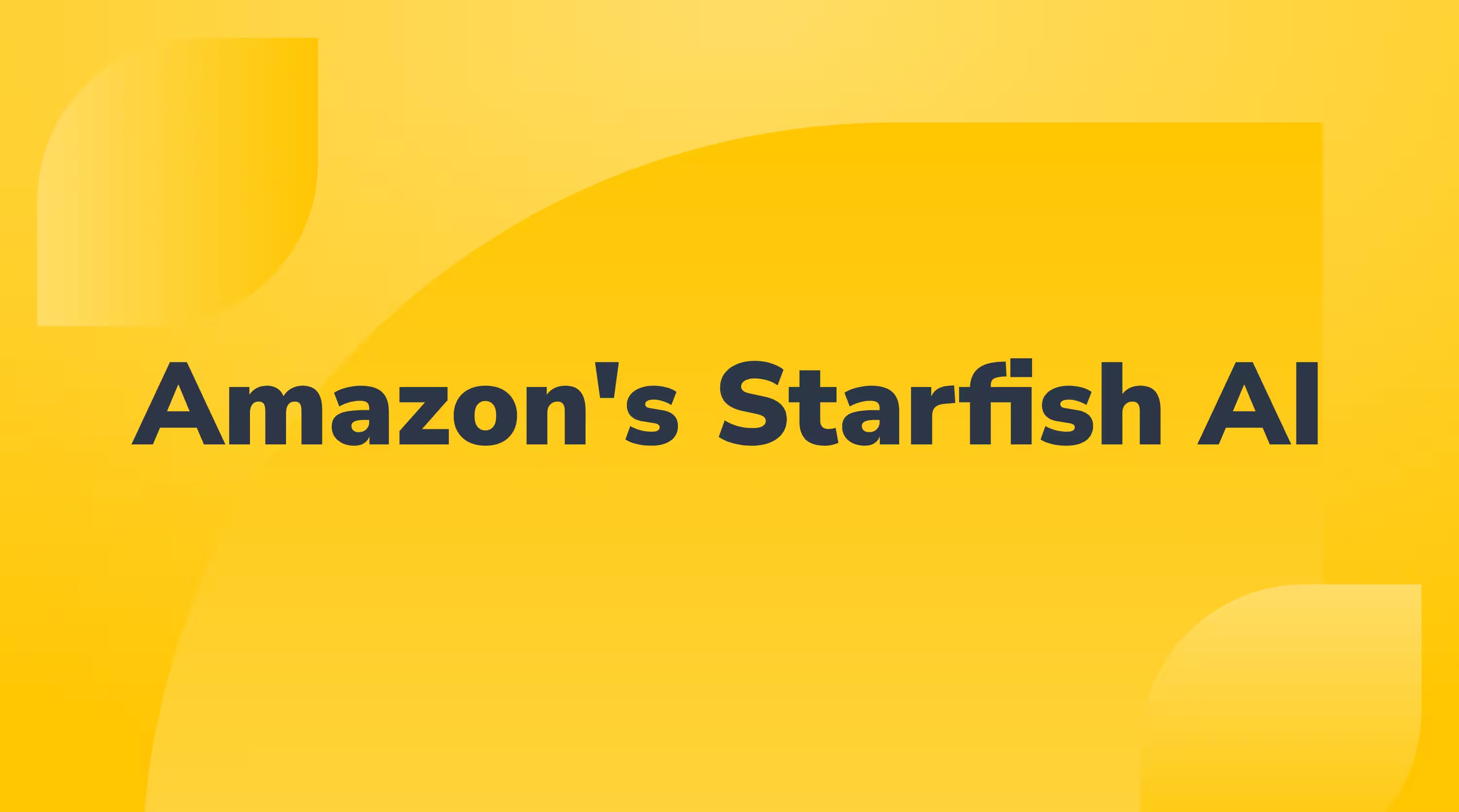Seller vs Vendor - Which Is Right For You?
November 4, 2025

Share to
Your first step to selling on Amazon is to decide whether you want to be a vendor or a seller; i.e. if you want to sell to Amazon (vendor) or sell on Amazon's marketplace (as a seller). There are pros and cons to both, summarised below:
Vendor Central
- Firstly, it's invite only so is hard to get started with as a new brand. Once a brand reaches a certain size it is likely Amazon will reach out inviting you to become a vendor and sell to them directly
- Products are listed on site as 'shipped from and sold by Amazon' which carries a lot of weight regarding trust
- Gain enhanced marketing opportunities via Amazon Marketing Services (AMS)
- Pay a flat fee per month which includes fulfilment
- Pricing is in the hands of Amazon - if they are not selling Amazon can reduce pricing at will which needs to be taken into consideration if you sell on other channels
- Inventory level requirements, which can often be high, must be maintained
- Launching new products can be difficult when there is no track record of sales and therefore Amazon may have little interest in stocking
Seller Central
- It may be a little more work to get started (adding info and images to create the listings yourself)
- Fees are separated out into monthly fee for a professional selling account and then fulfilment by Amazon (FBA) fees per unit sold
- Manage own pricing and stock - entirely at your own discretion
- Can add new products entirely at your own will
- Control messaging and communications to customers which can also lead to fewer returns
- Have access to better analytics and data than as a vendor
- Get access to enhanced brand content (EBC) which allows you to add additional content including pictures and now videos (on storefronts)
Amazon started out as being Retail (vendor) only, and now the balance has swung with marketplace accounting for 60% of the revenue with that trend set to continue.
With the above in mind we would recommend starting out as a seller on the marketplace and leveraging Amazon's FBA logistics to be able to fulfil orders domestically in the UK.
For more tutorials and how-tos, check out our Sitruna Guides series!



